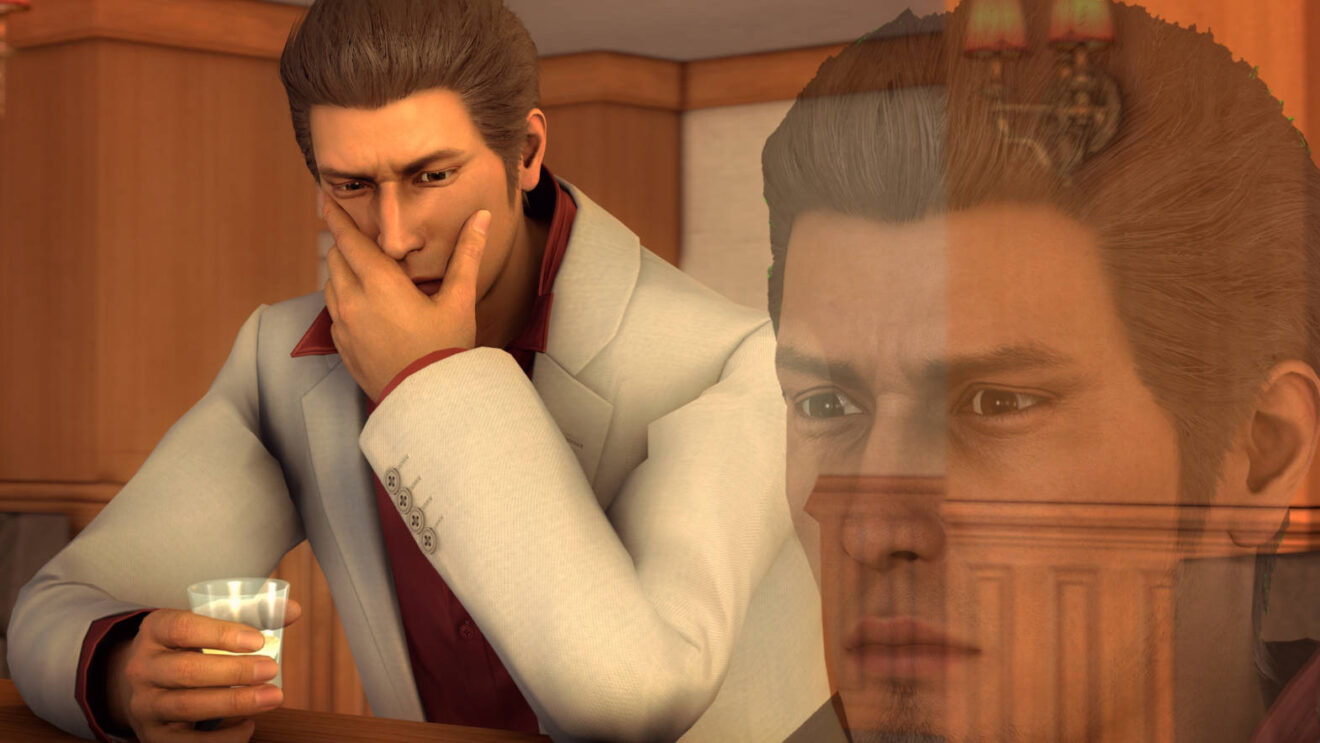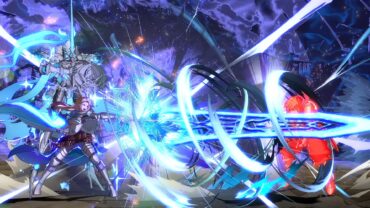
Nintendo makes game companies sign a “no Yakuza” contract
While it really shouldn’t come as a surprise, a new document released from the epic Epic vs. Apple lawsuit has revealed a very interesting clause in the contracts partners must sign with Nintendo.
Under an “Anti-Social Forces” section of the contract developers and publishers must agree to, the text states that “content provider represents and warrants to Nintendo Entities that: (i) it is not and will not be an Anti-Social force; (ii) any of its employees, directors and officers are not and will not be an Anti-Social Force; (iii) it will not give monetary benefits or any other favors to an Anti-Social Force; and (iv) it does not and will not, directly or indirectly; (a) make violent demands, make unreasonable demands beyond the legal liability of Nintendo Entities; (b) use threats or violence in connection with transactions; (c) damage the credit or interfere with the business of Nintendo Entities by spreading false rumors, using fraud or force; or (d) any other acts equivalent to any of the foregoing.”
So, what exactly are “Anti-Social Forces?” The document from Nintendo defines them as “an organized crime group (Boryokudan), a member of a Boryokudan (Boryokudanin), a sub-member of a Boryokudan (Byorokudan junkseiin), a corporation related to a Boryokudan (Byorokudan kaaren gaisha), a racketeer attempting to extort money from a company by threatening to cause trouble at a general stockholders’ meeting (Soukaiya), or acting as if advocating legitimate social causes (Shakai undou nado hyoubou goro), or a special intelligence organized crime group (Tokusyu chinou boryoku syudan), or other group or person equivalent to any of the foregoing.”
I know that’s a whole lot of words, but basically, Boryokudan (or Bouryokudan, depending on how you romanize Japanese words) is the general term for a “violence group” or “criminal gang.” Which, of course, includes the Yakuza.
Again, it’s not surprising that a Japanese company would be worried about being tied to the country’s mafia underground, especially one associated with entertainment (as, sometimes, video games—especially arcades—and more traditional forms of gambling such as pachinko can go hand-in-hand). It’s especially not surprising that Nintendo would hold those concerns, given that the company’s origins aren’t exactly Yakuza-free, nor are other video game companies totally free from those connections either—including the story of a developer whose sister was kidnapped by the Yakuza to make him stop working with Nintendo.
Source: Stephen Totilo

Mollie got her start in games media via the crazy world of gaming fanzines, and now works at EGM with the goal of covering all of the weird Japanese and niche releases that nobody else on staff cares about. She’s active in the gaming community on a personal level, and an outspoken voice on topics such as equality in gaming, consumer rights, and good UI. Check her out on Twitter and Mastodon.





